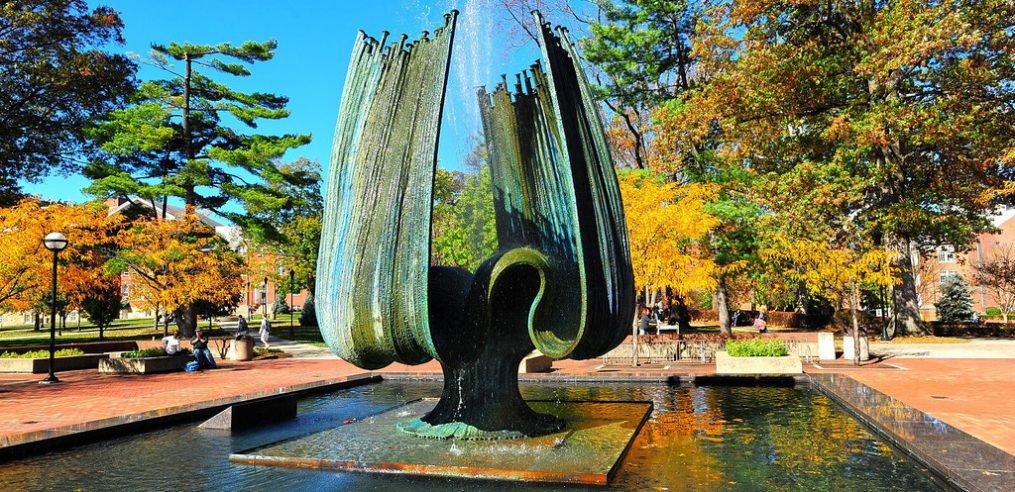One of the goals of our composition program is to help students think (and write) about their rhetorical choices throughout their process of completing a writing project. However, the standard practice of having students compose a reflective essay at the end of the semester has not demonstrated that students are truly engaging with their writing process. Instead, the majority of the students in ENG 201 draft a reflection that explains their feelings about the assignment along with cursory descriptions of the editorial changes they chose to make before turning it in for a grade.
It’s clear that waiting until the end of the project to ask students to reflect on their work (especially for just one assignment) has little impact on how the student perceives their development as a writer, which means that they may not be able to sustain a meaningful transfer of the skills they’ve started to develop over the course of the semester.
In order to ensure MU students are getting the most out of their composition courses, we need to collectively engage students with the reflection process throughout the semester. The 2020-21 Composition Committee has compiled some resources and strategies to help MU Comp instructors guide students through the reflection process — not just for the ENG 201 culminating assignment, but starting in ENG 101 and beyond.
- This short Adobe presentation outlines some helpful strategies and prompts that came out of a 2018 “large-scale, qualitative assessment” conducted by Heather Lindenman, Martin Camper, Lindsay Dunne Jacoby, & Jessica Enoch. This study examined students’ approaches to writing to evaluate the the impact reflection has on students’ revisions (and how to better use reflection to improve the ways that students approach revision).
- This Reflection Activity PPt is a great tool to help guide students through thinking about 201 Outcomes.
- “Reflective Writing and The Writing Process: What were you thinking?” (Sandra Giles, 2010) is a straightforward and helpful discussion of the the purposes and processes of reflective writing. She includes excellent examples of assignment prompts and student reflective writing.
- This “Letter to Readers” assignment is a stellar reflective writing exercise that encourages student writers to address their readers as a means of reflecting about a specific writing project, and to invite feedback from others that might help them to continue to revise/polish their work for submission (or presenting/publishing).
